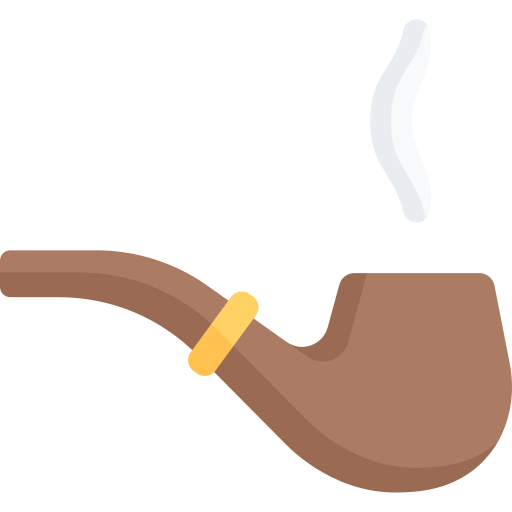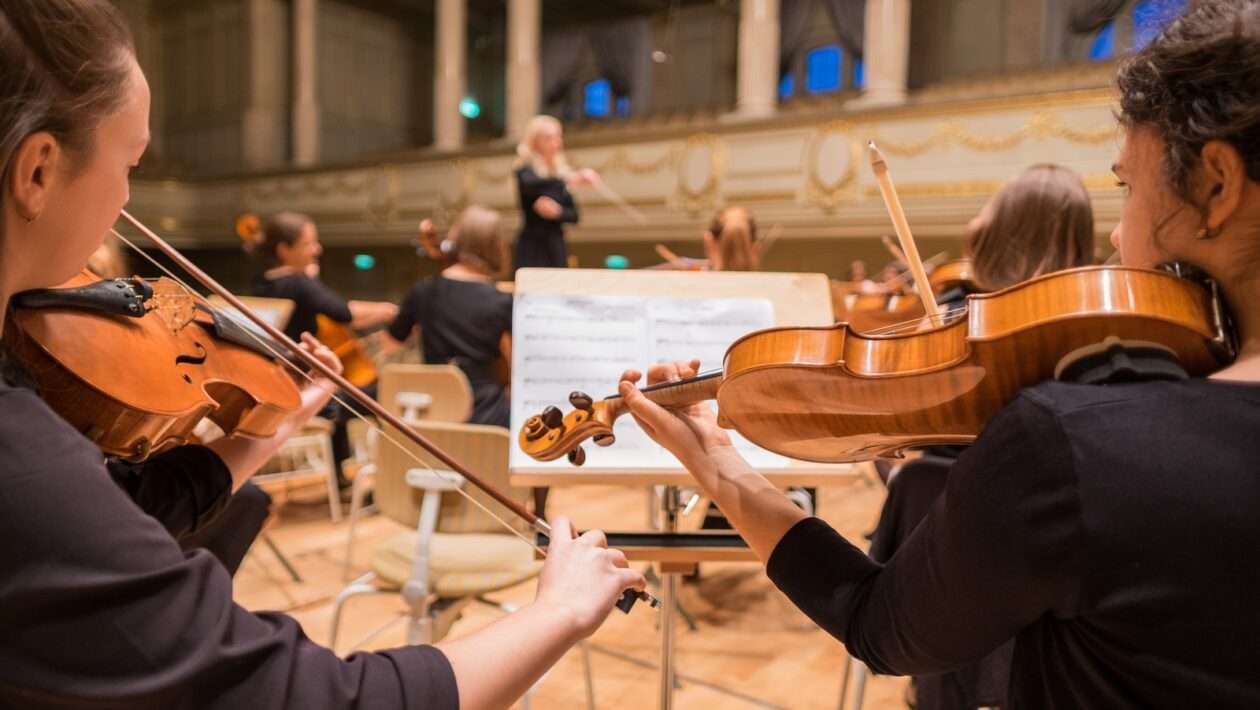(CM188: 7 cues). AS3 (1997) 390-3 App 5 Helen Wilcox contributes an essay ‘Musical settings and songs’ based on F. W. Sternfeld S146, 149 and 43-4. In W7, 10-11 Christopher Wilson notes the important role of music, especially the metaphor of discord from stringed instruments being ‘untuned’. Iago, Desdemona and Aemili need to be competent singers. Likewise, a well rehearsed recorder group has to play for Cassio at the opening of Act III outside Desdemona’s window.
| act | scene | line | Click here to find out more about suggested song | |
| I | i | 33-4 | [I rather would have been his hangman./ Why, there’s no remedy] DO281 ‘O Death, rock me asleep’ melody and text (3 verses) | (56a) 246 |
| II | i | 177-8 | Trumpets within [The Moor–I know his trumpet.] | |
| 199-201 | […the greatest *discords be That e’er our hearts shall make/ O, you are well tuned now, But I’ll set down the pegs that make this music] | |||
| W10-11 comments on the musical metaphor reflecting Iago’s diabolic scheming | ||||
| ii | 0 | Enter … Herald reading a proclamation (B259) blows a fanfare | ||
| 5 | […every man put himself into triumph, some to dance…] | |||
| iii | 63-8 | {Sings} [46]. And let me the canakin clink…. (see W7 on music expressing character see also G7 xx 193) | 247 | |
| a) uLH152: 1584 ‘Wigmore’s galliard’ middle voice unaccompanied (DL20/ DY60, p. 112) lute piece C242/ CW250 in LSoc A4; tune SB521; setting for ‘The glass doth run’ melody and text DO 168-170; ۞DO ii 19 | ||||
| b) LH150-2: ‘The Old cloak’ tune (Scottish setting) | (248) | |||
| c) uS146/ St 1: 1580 galliard ‘John Joan) Sanderson or ‘The old cushion dance; tune CW287-8/ SA p. 608 quoting description of dance from E (1686 ed)/208/ Eb247/ C156/ RE9 iv; kSA314; ۞St27/ Island Records ۞AN200 (Scots title ‘Babity Bowser’) | ||||
| d) uDO50-51 set to ‘The Soldier’s life’ uCM189: c1593 + rSATB; song with cittern ۞DO i 2; uCM189 | (46) | |||
| e) (B259): 1575 ‘I cannot eat but little meat’ to the tune of John Dory (from Gammer Gurton’s needle set in common time C72/ CW94 (Note the tune in 6/8 opening ‘As it fell on a holy day’ SB398/ C67-8/ CW93/ G126/ CS284; as a round à 3 Rd1) | ||||
| f) G109: ‘Troll troll the bowl to me’ catch (second verse of ‘Colds the wind’) [1580 canon à 4 collected by Thomas Lant. Ms in GB-Ckc VA 5/ Rp62] | ||||
| g) (B259): ‘Toss the pot’ G111 sung by group in unison SATB: Rb11/ CB vi 16 uK36 traditional tune (from Caulfield) | ||||
| h) HH 17d/ K36 | ||||
| 76 | […He sweats not to overthrow your *Almain.] | |||
| 82-9 | {Sings} [47]. King Stephen was and a worthy peer,… | 248 | ||
| LH151-2/ S17-150, 156-7/ St2/ CM190-1/K37/ (B260): Scots melody ‘Tak thy auld cloak About ye’ considered ‘The Old cloak’ tune a modified form of Greensleeves’ M unacc. C230/ K37; uDO248-250 tune and text; song with cittern ۞DO i 41 | ||||
| 91-4 | [this is a more exquisite song than the other./ Will you hear’t again?/ No,…] | |||
| III | i | 0-2 | Enter Cassio, with Musicians. CU71 xxxi recorder group; SM36 hautboys played by waits (shawm players); W8 almost certainly bagpipes | |
| [Masters, play here, I will content your pains–Something that’s brief and bid ‘Good morrow, general.’] Music. {They play} | 249 | |||
| a) LH148-9: 1588 aubade (‘*Honsok’) lute tablature (FD) suggests 3-4 hautboys | ||||
| b) B260: The *hunt is up CW86-92/ C60-2 (pipes or recorders) | ||||
| 3-20 | [Why, masters, have your instruments been in Naples, that they speak i’ th’nose thus?/ How, sir, how?/ Are these, I pray you, wind instruments?/ Ay, marry are they, sir/ O, thereby hangs a tail./ Whereby hangs a tail, sir?/ Marry, sir, by many a wind instrument that I know. But masters, here’s money for you; and the general so likes your music that he desires you, for love’s sake, to make no more noise with it./ Well, sir, we will not./ If you have any music that may not be heard, to’t again; but, as they say, to hear music the general does not greatly care./ We have none such, sir./ Then put your pipes in your bag, for I’ll away. Go; vanish into air; away.] Exeunt Musicians, | |||
| iii | 188 | […my wife… sings, plays, and dances well.] | ||
| 356-7 | [Farewell the neighing steed, and the shrill trump, The spirit-stirring drum, the ear-piercing fife] | |||
| iv | 121 | [My advocation is not now in tune] | ||
| IV | i | 184-5 | [an admirable musician O, she will sing the savageness out of a bear!] | |
| 207-9 | A trumpet {within} [What trumpet is that same?/ I warrant, something from Venice.] | |||
| ii | 174 | Flourish within [Hark how these instruments summon you to supper] LH146: 1638 FANTINI Entrata imperial | (108a) 250 | |
| iii | 25-33 | [My mother had a maid called Barbary…She had a song of willow. An old thing ’twas, but it expressed her fortune, And she died singing it. That song to-night Will not go from my mind. I have much to do But to go hang my head all at one side, And sing it, like poor Barbary.] | ||
| 38-45, 47, 49-50 | {sings} [48]. ‘THE POOR SOUL SAT SIGHING BY A SYCAMORE TREE,… Sing all a green willow…Sing willow, willow, willow’ Missing in Q: cf Ke 178-9 | 251 | ||
| 53-5 | {sings} I called my love false love… Sing willow, willow, willow. Ommentary S23-38 | |||
| a) St3a/ C206-8/ CW106-7/ CU2/ CM192-7 / MoS 176-7/ VH8/ MA18-19 [Gooch 12246 ‘tune A’] (BL i f18/ LO f19) ۞Am4/ ۞BaS 32/ ۞BoEs 2a/ ۞BroS4/ ۞CamS5/ ۞DeC5/ ۞DeS3/ ۞Ec 14/ ۞Eh9/ ۞Ge4, 26/ ۞Lg5/ ۞Ph 18; LH153- 161 ballad ‘Lover’s complaint’ ‘Willow song’ as lute song HS9/ HH26/ WA i 10; ۞Gt25/ ۞MgE6/ ۞MgM20/ ۞St 12; voice + g SH2; tunes + words G107-8/ MK 14-15/ FL ii 5; tune SB524/ K38; voice + rS/ob + k MA12; melody and text DO 469-470 (as version 2); ۞DO ii 75 | ||||
| b) [Gooch 12249 ‘tune B’] 1583 (DL f25-6/ FD f19 ) ‘All of grene willowe’ wordless lute tablature S23-52/ St3b/ LSoc C34: 5. F. W. Sternfeld admires its simple folk -like quality and now thinks it to be the ‘original melody’ (cf Seng 195); melody and text DO467-9 (version 1) /WM ii 51; as lute song; voice and piano CW110; ۞DO i 78 | ||||
| V | ii | 124 | [Not Cassio killed? Then murder’s out of tune, And sweet revenge grows harsh.] | |
| 253-4 | [What did thy song bode, lady? Hark, canst thou hear me? I will play the swan, And die in music. (Sings) ‘Willow, willow, willow.’] | (251) 252 |


Aké hudobné prvky sú použité v Shakespearovej hre Othello?
V hre Othello sú použité rôzne hudobné prvky, vrátane trúbok, hudby na rekordér a lútových tabulatúr, čo odráža atmosféru scén a emócií postáv.
Môže pridanie hudby do Shakespearových hier ovplyvniť ich pôvodný zámer a vnímanie divákom?
Pridanie hudby môže obohatiť alebo zmeniť interpretáciu a vnímanie Shakespearových hier, pričom môže posilniť emócie alebo zdôrazniť určité aspekty, ale môže tiež odviesť pozornosť od pôvodného textu.
Je autentické používať modernú hudbu v historických dramách ako je Othello?